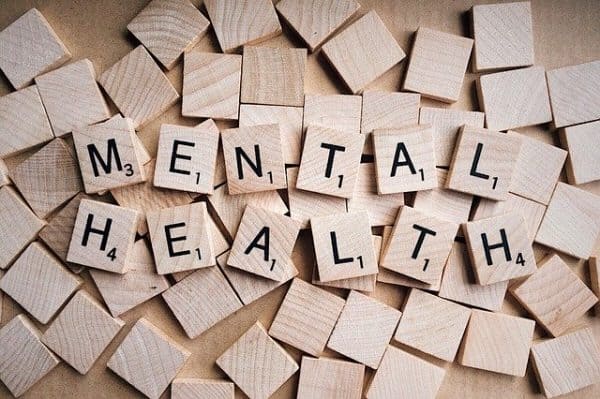Mental health is no longer the monster in the closet it used to be.
With only a small percentage of people able to access in-person therapy, mobile mental health apps are becoming an increasingly popular alternative. There is a range of apps today that provide help to those in need—from apps that promote mindfulness for everyday living, to those that incorporate tried and true techniques (such as Cognitive Behavioral Therapy) for particular problems (such as anxiety).

Business owners looking to make a killer app with a mobile developer should partner with a firm that strives to understand current trends in the app marketplace — especially in the mental health space. They would also be wise to figure out what distinguishes the most successful mental health apps from the rest, and what the best app developers do to ensure an app’s success.
Headspace
You can’t mention current trends in the mental health app marketplace without mentioning Headspace. Incorporated in 2010, Headspace was one of the first apps to teach mindfulness through guided meditation. Since then it has come a long way; in June of 2018, Headspace launched a subsidiary, Headspace Health, which aims at developing mediation techniques that are approved by the FDA. Headspace has been downloaded by 16 million people and is still growing.
Smiling Mind
A free alternative to Headspace, Smiling Mind also offers many kinds of meditation techniques, including Sleep and Workplace. Also, like Headspace, the meditations range between 5 to 15 minutes; advanced mediations reach 45 minutes. Developed by psychological professionals, the app also offers specialized programs for mental health educators, as well as programs tailored to children and teens. Smiling Mind has been downloaded by over 4 million users.
10% Happier
10% Happier is meant for users who are skeptical about the rise of mental health apps but are still willing to give them a try. The app promises not to promote any “magical thinking.” Rather, with help from a tour guide—Dan Harris, a news anchor who once had a panic attack on live TV—users learn straightforward meditational techniques for reducing stress and improving overall quality of life.
What’s Up
What’s Up is geared specifically toward promoting mental health, rather than mindfulness (though the two do of course overlap). The app uses both Acceptance and Commitment Therapy (ACT) and Cognitive Behavioral Therapy (CBT) to help users cope with stress and anxiety, as well as negative thought patterns and beliefs.
Mind Shift
Similar to What’s App, Mind Shift promotes ways to cope with and overcome anxiety, but it’s made specifically for teenagers and young adults.
Recovery Record
Recover Record is for people struggling with eating disorders and body image. It provides positive reinforcement along the road to recovering from body image issues and eating disorders such as bulimia and anorexia.
These are only a handful of the mental health apps out there today. But there is still room for more game-changers. App developers allow you to develop your app as efficiently as possible by working with you at every step of the process, building the wireframe (UX) and the UI (look and feel) of your app.
 Gearfuse Technology, Science, Culture & More
Gearfuse Technology, Science, Culture & More


